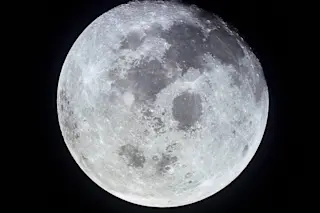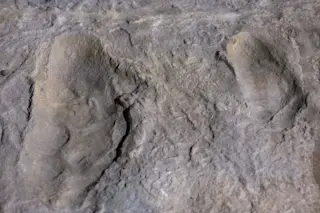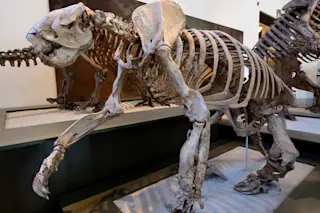(Credit: NASA) Do you ever feel like there just isn’t enough time in the day? Well, the moon agrees with you — it's actively slowing the Earth's rotation, stretching out the length of our days little by little. A study published on June 4 in the Proceedings of the National Academy of Sciences says that days on Earth lasted just 18 hours some 1.4 billion years ago, and that we can thank the moon’s gradual retreat for our ever-lengthening day. It’s believed that tidal and gravitational interactions between the Earth and moon are causing it to withdraw at a rate of 3.82 centimeters per year, and although it’s quite subtle, the force exerted by the moon during its retreat influences Earth’s rotation. The moon's retreat causes Earth to spin more slowly on its axis, increasing the amount of daily sunlight a given region receives. To map out the moon's historic ...
The Moon's Gradual Retreat is Lengthening Earth Days
The moon is slowing Earth's rotation, gradually lengthening our days by 2 milliseconds every 100 years. Discover the science behind this!
More on Discover
Stay Curious
SubscribeTo The Magazine
Save up to 40% off the cover price when you subscribe to Discover magazine.
Subscribe













